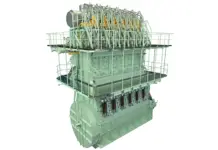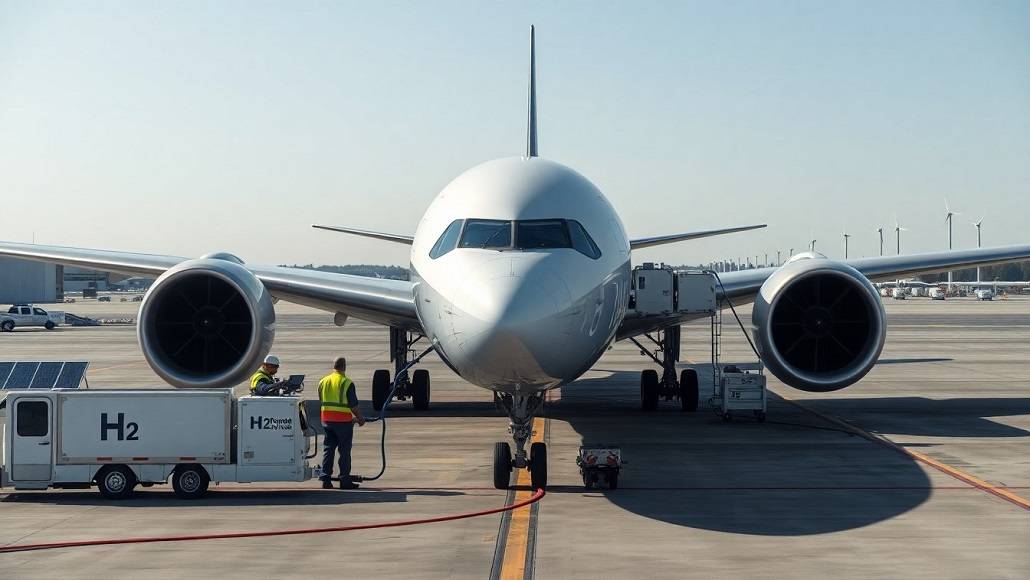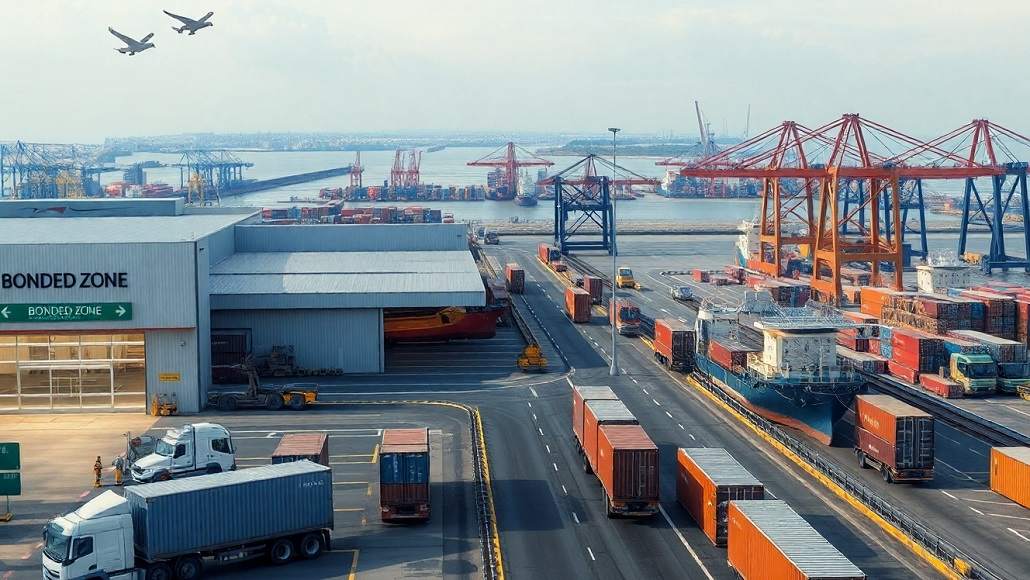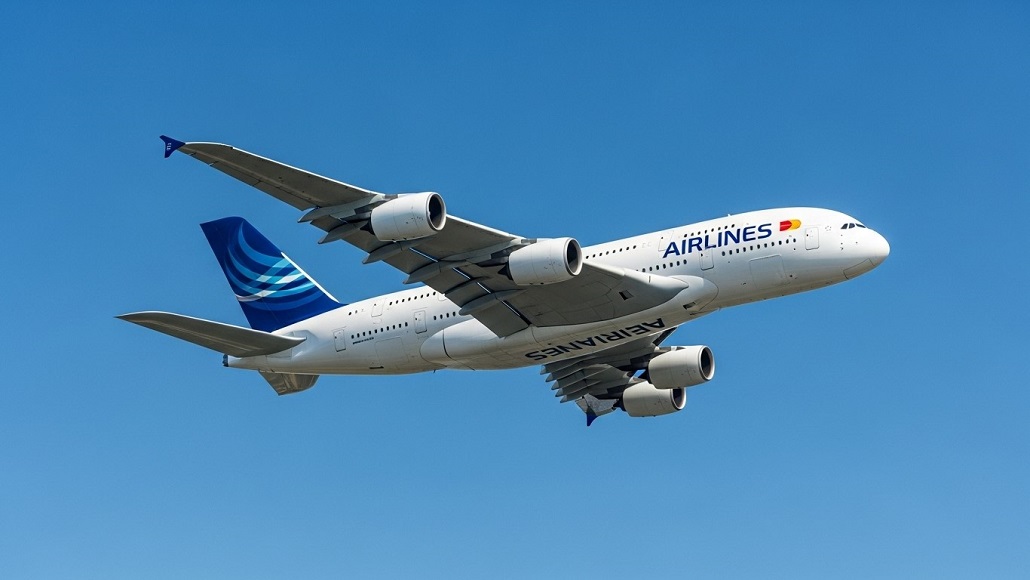China Airlines is going to make its position in the Asia-Pacific aviation industry even stronger with a historic $2 billion deal with Airbus. The agreement, which includes both narrowbody and widebody planes, is a big step towards the airline’s goal of growing. This decision comes at a time when demand for air travel is rising again in the area. China Airlines wants to satisfy the demands of more passengers while also making its fleet more efficient. The airline is ready to keep on with its development thanks to the new planes. It will be able to take advantage of the strong growth in aviation in the Asia-Pacific region and secure its position as a vital participant in the global aviation industry.
Airbus is about to keep growing quickly in the aviation industry with a new, high-value aircraft purchase worth more than $2 billion. This comes after a successful display at the 2025 Paris Air display. Reports say that the deal is with China Airlines, which is Taiwan’s main airline and a well-known member of the SkyTeam alliance. Sources close to the situation say that this agreement would include both narrowbody and widebody planes, which will make the airline’s fleet even stronger and keep its partnership with Airbus continuing strong.
Just a week before this announcement, another Taiwanese carrier, Starlux Airlines, made a similar arrangement at the same Paris Air Show. The acquisitions show that there is a significant and rising demand for Airbus planes in Asia-Pacific, a region that has been expanding its aviation industry, especially since international travel has increased since the pandemic. China Airlines has had a long association with Airbus and already flies a number of its narrowbody and widebody types.
China Airlines gets 13 more planes from Airbus Destroyer to add to its fleet
China Airlines has made a big decision to buy 13 new planes from Airbus. This is a big step in the airline’s long-term fleet planning. Five Airbus A350-900 widebody planes and eight Airbus A321neo narrowbody jets are part of the purchase, which is worth more than $2 billion. Five of the A321neo planes will come from the Air Lease Corporation (ALC), which will cost around $240 million. But talks are still going on about the other three A321neo aircraft, which may make the fleet even better.
China Airlines is interested in the five A350-900 aeroplanes, which cost up to $1.965 billion. However, the ultimate price might go down a lot if the airline decides to rent the planes instead of buying them. This flexibility in the arrangement gives China Airlines choices, which is important since the airline’s demands are always changing and fleet planning is becoming more complicated. China Airlines has been a loyal client of Airbus for many years, showing that they trust the company’s planes and services.
Strategy for Aviation Delays with the Boeing 787 have an effect
One of the main reasons China Airlines is adding Airbus planes to its fleet is because its Boeing 787 Dreamliner orders are still delayed. The Taiwanese airline has placed an order for 18 Boeing 787-9 planes and six 787-10 planes. China Airlines has had to put off retiring its older planes since the arrival of these new ones has been delayed. This gap in the airline’s fleet required a quick reaction, thus China Airlines turned to Airbus to replace it with timely and dependable aircraft deliveries, especially the A350-900 type.
Earlier in 2025, China Airlines also ordered 10 A350-1000 planes, which is another significant sign of support for Airbus. These bigger, more fuel-efficient planes will mostly fly long-haul flights to Europe and North America. This will help the airline satisfy the increased demand for transcontinental air travel. The A350-1000s will also help China Airlines run more flights and make the most of their resources on routes with a lot of demand.
Southeast Asia is moving towards the Airbus A350 family
China Airlines isn’t the only airline in Southeast Asia that is using Airbus’s A350 series. Starlux Airlines, another airline located in Taiwan, also ordered 10 A350-1000s during the Paris Air Show. They should start arriving in 2031. This is part of a larger trend in Southeast Asia, where both old and new airlines are choosing Airbus’s sophisticated, fuel-efficient long-haul planes more and more. Airlines in the competitive and rising Southeast Asian aviation industry want planes that are fast, comfortable for passengers, and cheap to operate. The A350 family has all of these things.
The A350 series has become an important aircraft for airlines in Southeast Asia as demand for international air travel continues to grow. The region’s growing economy and middle class are driving both short- and long-haul travel. This, in turn, is driving the need for modern, fuel-efficient fleets that can handle more passengers while keeping prices down.
The current and future fleets of China Airlines
China Airlines now has a wide range of planes, including 17 Airbus A321neo planes, 13 of which are currently in the air. These A321neo planes are among of the newest in the airline’s fleet, with an average age of just 2.1 years. The airline’s entire fleet, on the other hand, has an average age of 10 years. The A321neo has 12 business class seats and 168 economy class seats, which makes it the most efficient choice for short to medium-haul flights.
China Airlines has 15 Airbus A350-900 planes that are 7.8 years old on average. These planes constitute a big part of the airline’s long-haul operations, flying to places all around Europe, North America, and beyond. There are two alternative seating arrangements on the A350-900s. One has 32 business class seats, 31 premium economy seats, and 243 economy seats. The other has 40 business class seats, 32 premium economy seats, and 228 economy seats.
Airbus and China Airlines have signed a $2 billion contract for China Airlines to add both narrowbody and widebody planes to its fleet. This strategic decision sets the airline up for further expansion and strengthens its position in the fast-growing Asia-Pacific aviation sector.
China Airlines is in a good position to fulfil expanding demand and update its fleet with the best in aviation technology with this new fleet expansion. China Airlines’ commitment to Airbus means that the airline is ready for the future of air travel with a fleet that is both dependable and cutting-edge. This is because Asia-Pacific is still leading the global aviation recovery.


























